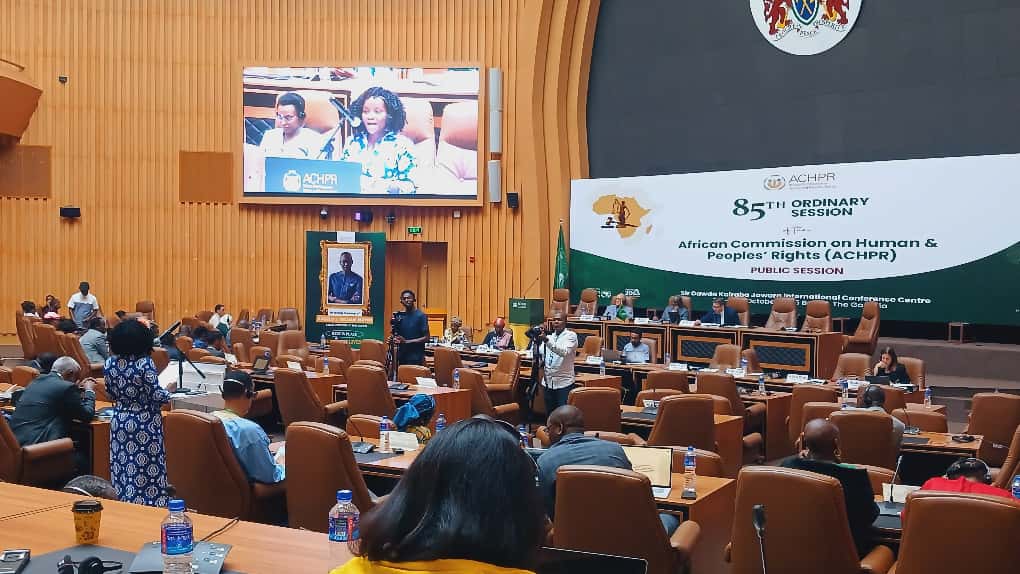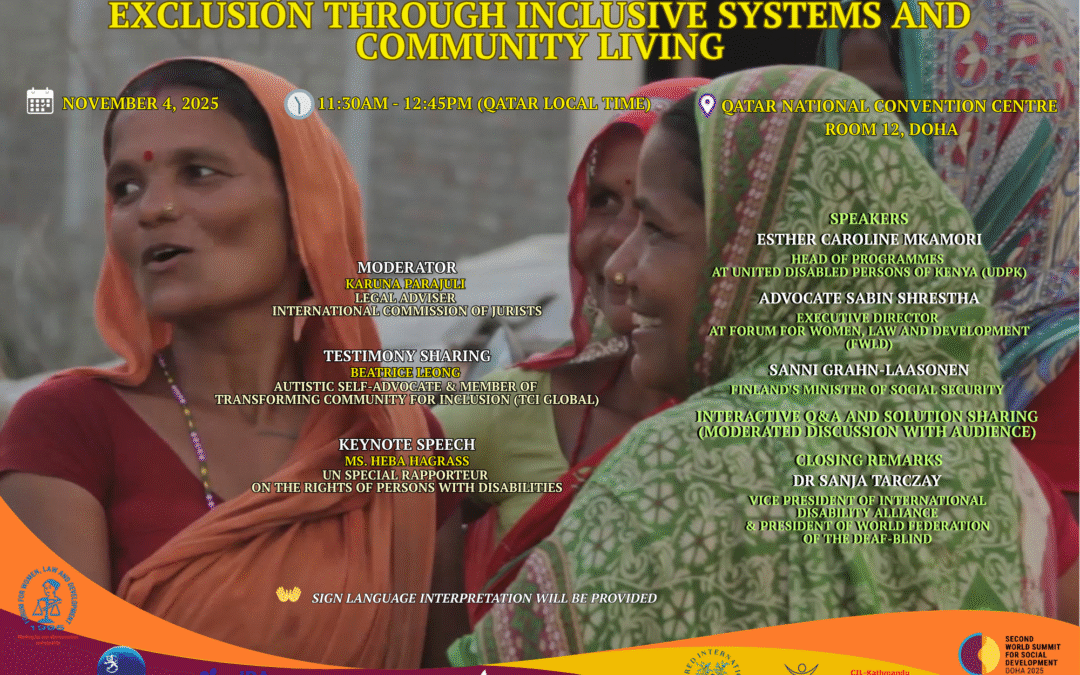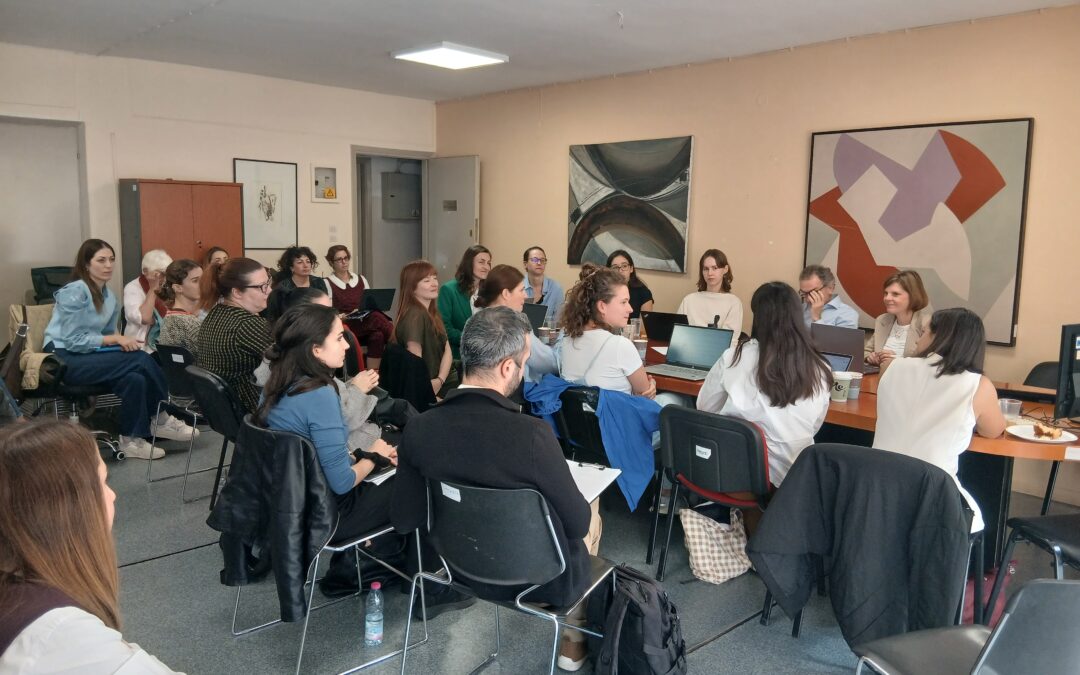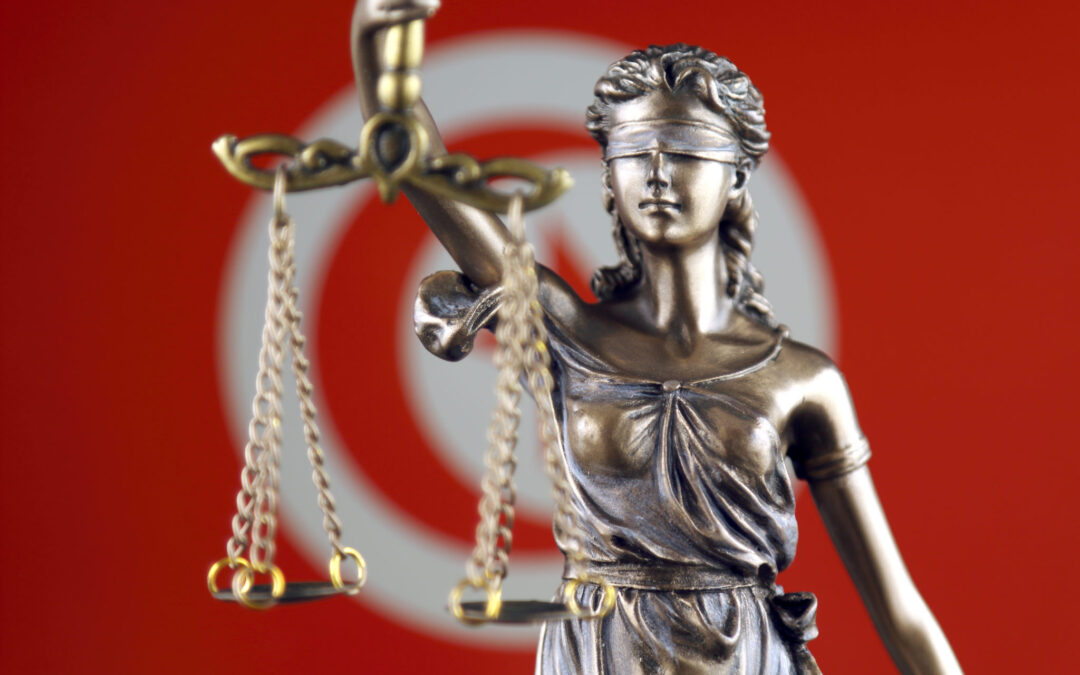


UNDESA JOINT SIDE EVENT: Redefining Justice Now – Ending Disability based Exclusion Through Inclusive Systems and Community Living
Panel at the UN Second World Summit for Social Development hosted by UNDESA & the Government of Qatar 4 November, 2025 in Doha, Qatar Time: 11:30am – 12:45pm (Qatar Local Time) Venue: Qatar National Convention Centre (QNCC), Doha, Qatar (Room 12) ...
EU: The ICJ and other NGOs urge the European Commission to strengthen the Civil Society Strategy
On 16 October 2025, the EU Internal Human Rights Policy Working Group of the Human Rights and Democracy Network (HRDN) sent a letter sent to the European Commission, raising concerns regarding the protection, participation and sustainability of civil society in the...
EU: Litigating before the European Court of Human Rights to protect migrant children from detention
On 13-14 October 2025, the International Commission of Jurists (ICJ) and the Greek Council for Refugees (GCR) held a transnational workshop in Athens on strategic litigation before the European Court of Human Rights (ECtHR) to challenge the detention of migrant children.





